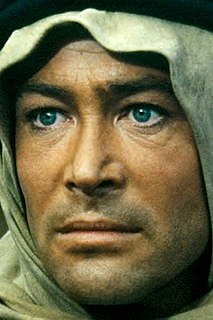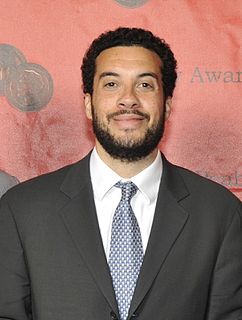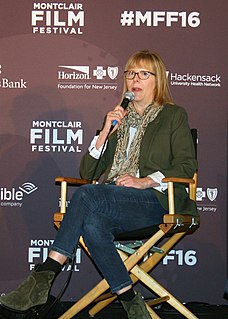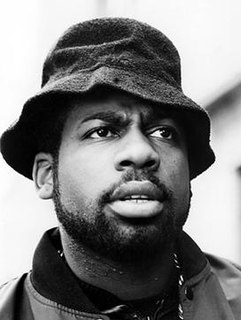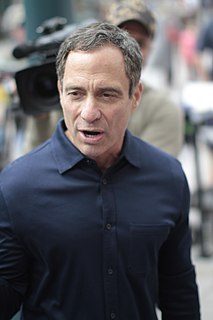A Quote by Barack Obama
Back in the '50s and '60s, most politicians were concerned about not talking about faith, partly because there were consequences you had to deal with - (for instance) Catholicism had been made an issue.
Quote Topics
Related Quotes
Veronika had noticed that a lot of people she knew would talk about the horros in other people's lives as if they were genuinely concerned to help them, but the truth was that they took pleasure in the suffering of others, because that made them believe they were happy and that life had been generous with them
I was used on a number of occasions by the United States and China as a conduit. For instance, I was up there talking with the Chinese leadership and they said to me that they were a bit concerned that the Americans had a misunderstanding about their relationship with the Soviets. There was some suggestion that there was a rapprochement developing between China and the Soviets, but nothing could have been further from the truth.
O.J. Simpson was primarily interested in O.J. His rise to fame in the late '60s coincided with the period where black athletes were more outspoken and political than in any era. You're talking about the generation of black athletes that came about after Jackie Robinson. Athletes after that were just happy to find a place in sports. But when you got to the mid-'60s, you had athletes like Jim Brown and Muhammad Ali, who were very outspoken on the issues of race and civil rights.
When I was growing up in the '50s, I had never heard of a "woman film director," so I did not consider it as an option. But I was fortunate that in the late-'60s and '70s, because of the feminist movement, women were stepping into all sorts of careers that had been closed to them in the past and film was one of them.
Whether we're talking about the New Deal or the Great Society: they didn't come about because they wanted to buy people off with "hush money." They were the outcomes of struggles. They were the outcomes, in the 1930s, of a viable socialist-communist movement. They were the outcomes of a viable workers' movement. FDR didn't give in because he wanted to shut people up, he gave in because he was under pressure. He had no choice.
My first AIDS campaign was in 1985. There was this dark cloud, everybody was socially inspired - we hadn't seen social consciousness like that since the '60s - but most people were talking about hunger in Africa. Nobody was talking about this really ominous circumstance here in the U.S. because of this fear of stigma.
I truly believe that we're about to enter a second golden age of design. The first one was in the '50s and '60s, when designers like Raymond Loewy, Charles Eames, George Nelson and Dieter Rams were shepherds of the brands they were working with. They had influence over the products and how companies communicated and promoted themselves.
We had so many milestones in America. We were on our way to universal healthcare. We had gay marriage. We were talking about gender fluidity and trans issues openly and discussing them with respect. It was almost to the point where educating people about transgender rights wasn't an issue. We were including trans people as a normal part of our conversations instead of seeing their presence as this shocking thing to the system. We forgot that those things can be taken away from you because there are people in the world that, for whatever f - king reason, can't live and let live.
Someone in my office suggested I get my haircut at New Millennium on Wilshire Blvd. It was so different from any place I had ever been; it was like a party. Everyone was laughing and having a good time and I heard the barbers talking about all of the celebs that get their hair cut there. When I went back, they were talking about other celebs that frequent businesses on Pico, Crenshaw and in Inglewood. We had been thinking about doing a game show then we said why not have it centered around all of the places that you don't think celebrities go.

